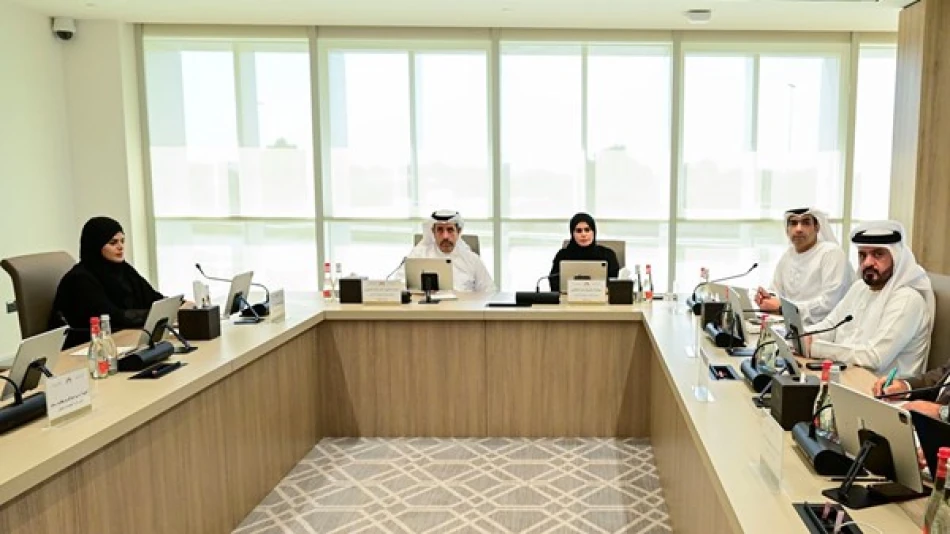
Emirati National Assembly Committee Discusses Government's Traffic Management Policies
The UAE's Federal National Council committee on constitutional and legislative affairs continues examining the government's traffic safety and flow policies. The committee plans to bring in government representatives to discuss smart infrastructure strategies, road user education, and traffic law effectiveness.
Dr. Ahmed Eid Al Mansoori led the virtual meeting today, where committee members reviewed their draft report on traffic management policies. The discussion covered three main areas that will shape future traffic strategies across the Emirates.
The committee will focus on developing smart infrastructure systems designed to keep traffic moving smoothly. This comes as UAE cities see growing populations and more vehicles on the roads each year. Smart traffic systems can adjust signal timing, redirect traffic during peak hours, and help prevent bottlenecks before they start.
Road user education represents another key focus area. The committee wants to address both psychological and cultural aspects of driving behavior. This approach recognizes that traffic safety isn't just about rules - it's about changing how people think about driving and sharing the road.
The third area examines whether current traffic laws actually reduce accidents and congestion. Committee members want to see data on which regulations work and which might need updates. This review could lead to new legislation or changes to existing traffic penalties.
Government representatives from relevant agencies will attend the next committee meeting to provide detailed information on these topics. The committee members include Hasheema Yasser Al Afari as rapporteur, along with Salem Balrakadh Al Ameri, Majed Mohammed Al Mazrouei, and Mudhiya Salem Al Manhali.
The UAE has been investing heavily in smart city technology, and traffic management is a major component of these efforts. Better traffic flow means less fuel consumption, reduced emissions, and improved quality of life for residents. It also supports the country's economic goals by making transportation more efficient for businesses and workers.
Most Viewed News

 Layla Al Mansoori
Layla Al Mansoori






